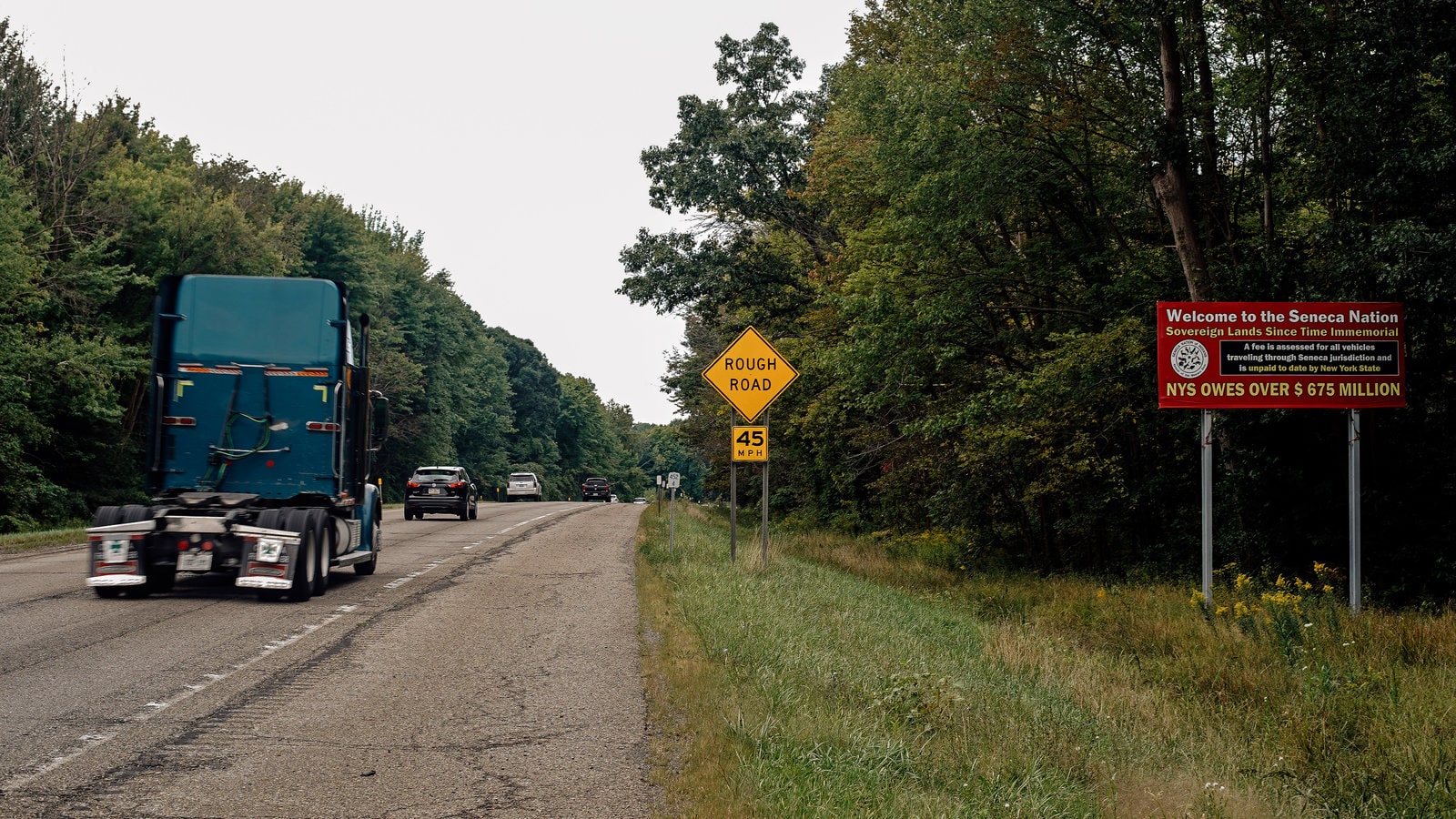
Over the compact gaming validity with the state, the Seneca Nation filed a court motion last week. However, millions of dollars are at stake. There is an odd between the tribe and the NY over the payments issue in the previous several years.
George Washington signed a treaty in 1794, and in resolving the ongoing conflict between New York State and Seneca Nation, the treaty might play an important role. The compact gaming validity first introduced in 2002. And over it, the two have been fighting. And in 2016, which may or may not expired. A dispute lies there, and the Canandaigua Treaty of 1794 is now producing reappearance as Seneca ask the federal court to resolve the debate.
Hundreds of Millions of Dollars Owned by the Seneca Tribe
According to New York, in 2016, the gaming compact gets expired, and with the exact provisions, it renewed automatically. However, the tribe does not see it in this way. The state believed that, since the Seneca Nation stopped revenue sharing contributions, it owed hundreds of millions of dollars. Moreover, to find a solid resolution, there is no hope, and the dispute is no closer, five years later.
Now, The Seneca Nation hopes that the thing will make right by the federal court. Last Friday, it announced that, with the court, it had filed a motion so that a legal decision could come. Matthew Pagels, the Seneca President, stated that “we disagree specifically whether still it required the payments during the seven-year complex renewal period. In March, I invoked the Canandaigua Treaty of 1794 provisions to request the US government assistance. Moreover, I did it to review whether it is a lawful compact payment provision or not.”
In 21019, William Skretny, the Senior US District Court Judge, determined that the arbitration panel made a previous decision that was correct. And the right decision was the tribe had to make payment continuously. However, this past February, that ruling became upheld by the second circuit by the US Court of Appeals. The compact was in place for 14 years, and $1.4 billion received by New York. But the terms and agreement did not roll over automatically, which is the belief of the Seneca Nation, and for this, the nation has not made any additional payments.
